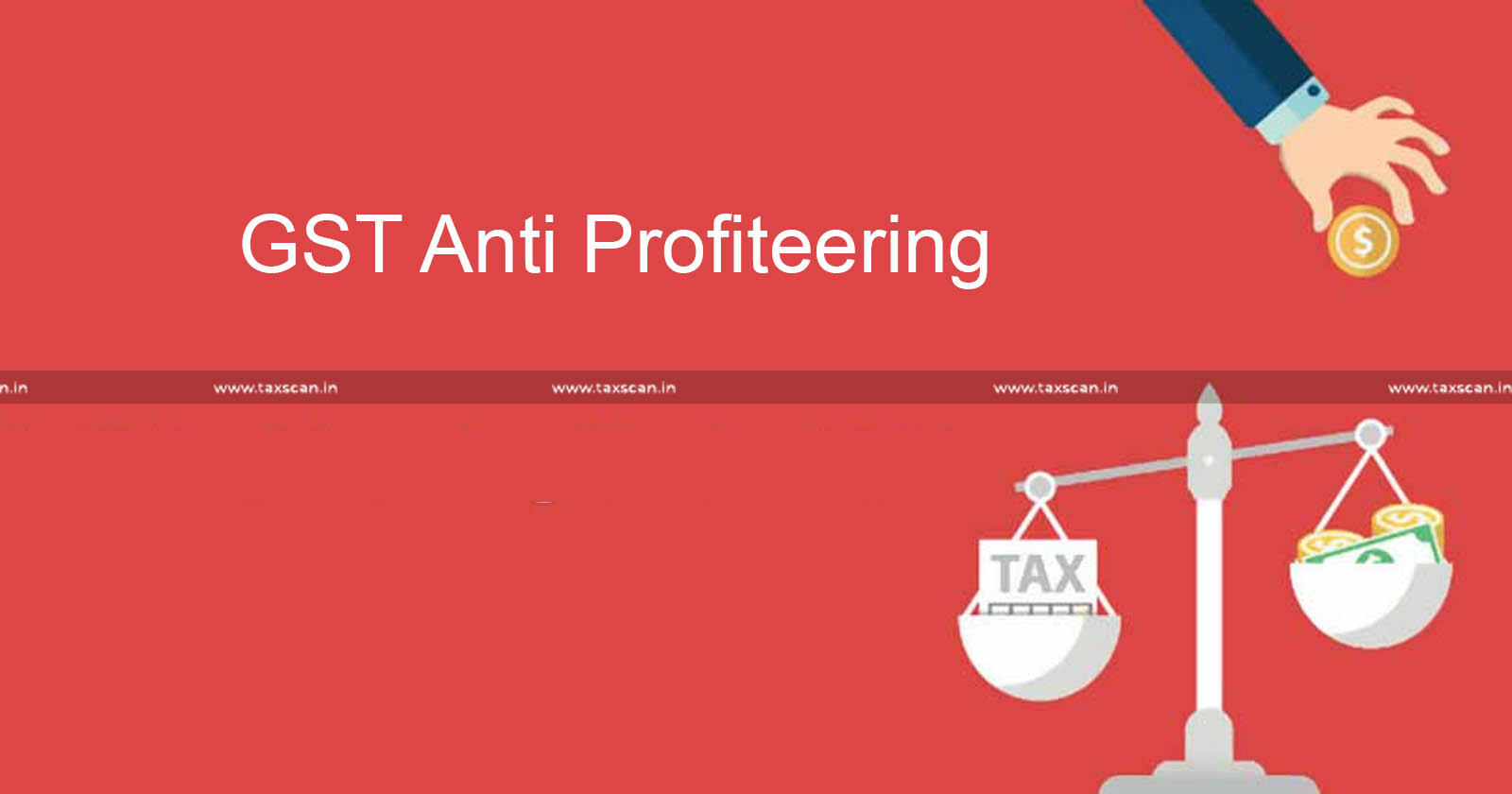GST Anti-Profiteering: Delhi HC Division Bench to issue Directions on Feb 8
Directions on the GST Anti-Profiteering-NAA issue is awaited as Delhi HC is set to unveil the order on February 8

The Delhi High Court has recently upheld the provisions concerning anti-profiteering measures and establishment of the National Anti-Profiteering Authority ( NAA ) under the Goods and Services ( GST ) laws. The matter is now listed before the division bench for appropriate directions on Feb 8.
In a recent development, the Delhi High Court, led by Acting Chief Justice Manmohan and Justice Dinesh Kumar Sharma, delivered a verdict on Monday affirming the legality of key provisions related to the Goods and Services Tax ( GST ) National Anti-Profiteering Authority ( NAA ).
This ruling comes following a batch of over 100 petitions, including notable entities like Philips India, Reckitt Benckiser, Gillette India, and Procter and Gamble Home Products.
The court explicitly upheld the constitutional validity of specific sections and rules, including section 171 of the Central Goods and Services Tax ( CGST ) Act and rules 122, 124, 126, 127, 129, 133, and 134 of the CGST rules of 2017. Notably, section 171 mandates that tax benefits must be passed on to consumers, ensuring a corresponding reduction in prices—a consumer welfare measure introduced in the public interest.
The ruling emphasizes the court's commitment to the principles of the National Anti-Profiteering Authority, highlighting the importance of effective transfer of tax concessions or benefits to end-users. The specific rules examined relate to the establishment and functioning of the Anti-Profiteering Authority, covering aspects such as its constitution, appointment, power determination methodology, and conduct of proceedings.
Despite acknowledging the potential for arbitrary exercises of power under the anti-profiteering mechanism, the court underscored that the remedy for such instances is to set aside the order on its merits rather than striking down the provision itself, which grants such power to the authority.
The NAA, established as a statutory mechanism within the GST law, is tasked with scrutinizing unfair profiteering activities by registered suppliers. Its primary responsibility is to verify that the benefits arising from the reduction in GST rates on goods and services, as determined by the GST Council, and the utilization of Input Tax Credit, are passed on to consumers through a proportional reduction in prices. This ensures that consumers receive the intended advantages of these measures.
With this recent court affirmation, the NAA's role in upholding fairness and transparency in GST implementation is reinforced, providing a strong foundation for continued consumer welfare and market integrity.
The matter is now scheduled for further directions before the division bench on Feb 8.
Support our journalism by subscribing to Taxscan premium. Follow us on Telegram for quick updates


